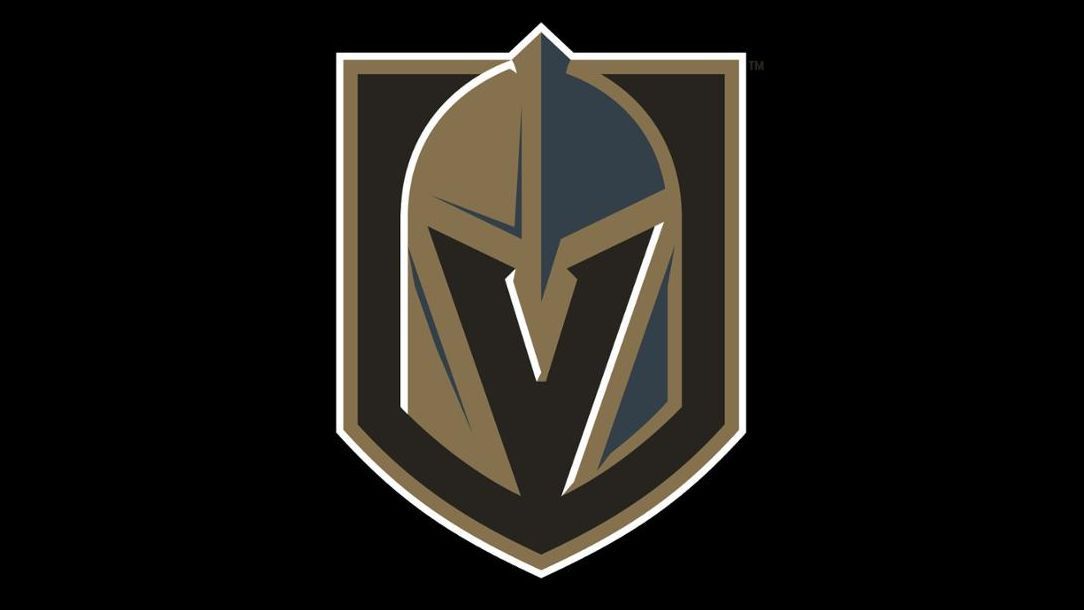
The Vegas Golden Knights have terminated a brief partnership with UpickTrade, a company based in Mexico that sells sports betting picks, including on the NHL.
"The Vegas Golden Knights have ended their sponsorship agreement with UpickTrade. The organization will not have additional comments on the matter at this time," the team said in a statement released Saturday afternoon.
UpickTrade did not immediately return a request for comment from ESPN regarding the termination of the deal.
The partnership was the first sponsorship agreement between a Mexico-based company and an NHL club, according to the Knights, and also was believed to be the first deal between a professional sports franchise and a sports betting recommendation service. It lasted three days.
It was announced on Wednesday that UpickTrade would become the Official Picks Service Partner of the Knights and would be featured on team's web and social media platforms as well as on the boards around the rink at T-Mobile Arena in Las Vegas.
"We are hopeful our fanbase will make UpickTrade.com a part of their sports betting pick process," Mike Mungiello, vice president of global partnerships for the Knights, said in a release announcing the deal.
Carlos Lazo Reyes, CEO of UpickTrade, called the partnership a "historic moment in the sports betting market."
However, the partnership was widely criticized by the sports betting community, including problem-gambling experts, bookmakers and bettors. There were concerns about whether UpickTrade would sell picks on Knights games and if the company would have access to injury or lineup information directly from the team.
A spokesperson for UpickTrade told ESPN earlier in the week that it would be allowed to sell picks on games involving the Knights but had not asked and did not expect to receive injury or lineup information from the team.
The pick-selling industry has had a notorious reputation for decades, dating back to the 1-900 premium phone lines in the 1980s and 1990s and blossoming further on the internet. Services have been accused of selling one side of a game to one client and the other side to a different client, falsifying records and pretending to have inside information.















 Phone: (800) 737. 6040
Phone: (800) 737. 6040 Fax: (800) 825 5558
Fax: (800) 825 5558 Website:
Website:  Email:
Email: 






